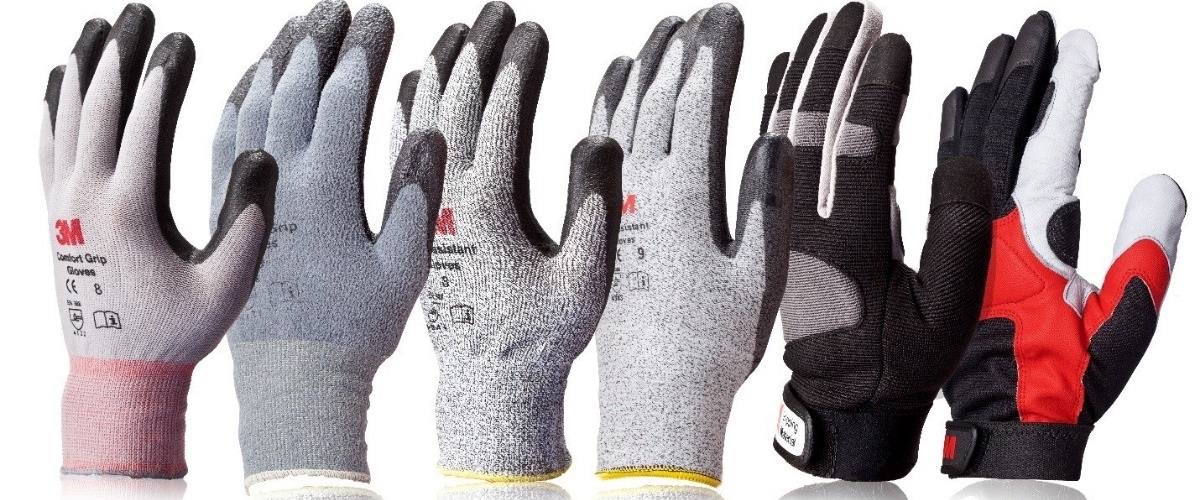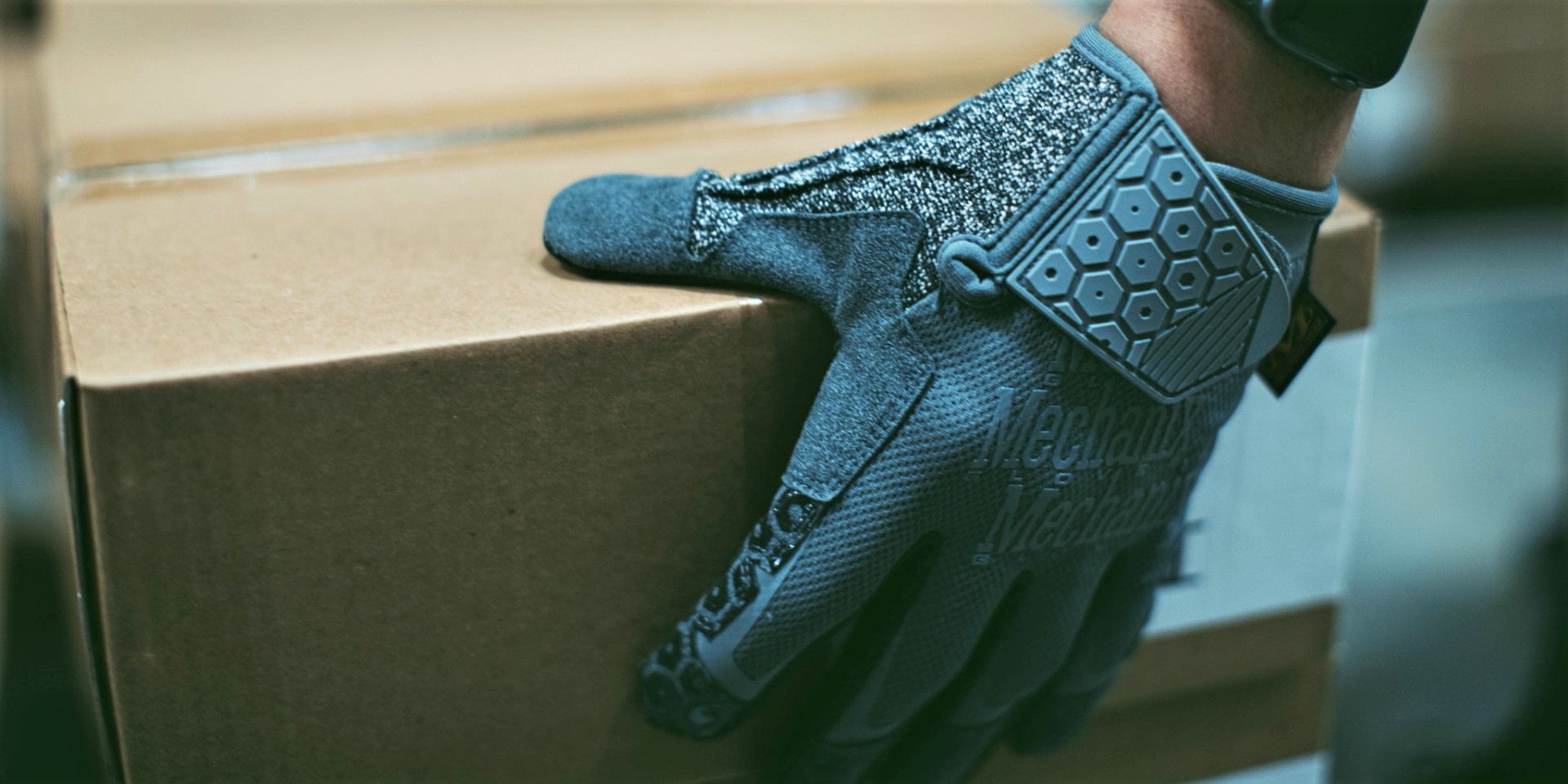Let’s begin, that mechanic gloves are essential pieces of safety gear, so mechanics often come across this question. They come in different thicknesses, so it’s essential to know how thick gloves you need to appropriately protect yourself.
In general, choosing thicker mechanic gloves means more protection against cuts, abrasions, heat and flame. At the same time, too much thickness can make working with small parts or performing delicate tasks challenging. Ultimately, what thickness to choose, depends on your own needs and preferences.
If you are mostly working with some sharp or hot objects or machinery, it is generally good to wear thicker mechanic gloves. Thicker gloves will help protect your hands from different cuts and abrasions, and at the same time from heat and flame. However, if you work with more delicate tasks, such as handling small parts or tools, a thinner pair of gloves may be more appropriate.
What material of mechanic gloves is better to choose?
First of all, it is essential to choose material that can protect the hands and fingers. We can choose some soft materials, for example cotton, when doing lighter tasks. But for some heavy-duty work, a stronger, denser fabric would be more suitable. If you want to buy a glove that can protect your hands from any kinds of harsh chemicals or debris, you should also look for something made from a durable material.
Mechanical gloves, in general, should be made of any durable material that is resistant to cuts and abrasions. Most commonly, in mechanical work people use gloves made of leather, some synthetic materials, and rubber.
One the market, you can come across a lot of leather gloves, as this material is durable, tough, and comfortable to wear. But, unfortunately, it can also be quite expensive.
Other materials such as cotton, fabric, or even plastic can be used for such kinds of gloves, however they are not as tough or durable as leather. As a result, for some people they may be more comfortable to wear, but they will not protect customer’s hands. In addition, some materials, such as synthetic materials or plastic, are not very breathable and can become rather hot to wear when doing tasks, which require a lot of movement.

Are there any universal mechanic gloves?
Yes, there are universal mechanic gloves that you can use for various tasks. They are typically made of durable material that can withstand repeated wear and use. One of the most common types of universal mechanic gloves is the latex ones. They are designed in order to protect your hands from harsh chemicals and other potential hazards.
Other types of universal gloves include the nitrile gloves that is resistant to oil and grease. Besides here we can speak about vinyl gloves, which are ideal for protecting from heat. Some universal mechanic gloves also have gripping pads or textured fingers on areas of the palm and fingertips, which can help to improve dexterity and provide a better grip.
How to choose mechanical gloves correctly?
When choosing mechanical gloves, it is essential to select a pair that fits well. Gloves that are too loose can be challenging to work with and may not offer the level of protection you need. Conversely, too tight gloves can be uncomfortable to wear and may impede your movement. Ultimately, the best way to determine the right fit for your mechanic gloves is to try them on before purchasing.
In addition to choosing the suitable material and fit for mechanical gloves, it is also essential to consider other features such as breathability, touchscreen compatibility, and water resistance.
Breathable materials are ideal for mechanics who work in hot environments, while touchscreen-compatible gloves allow you to use your smartphone or tablet without removing your gloves. In addition, water-resistant mechanic gloves can protect your hands from rain, snow, or other wet conditions. Ultimately, these features can help make your mechanic gloves more comfortable and useful for your needs.
As you can see, there are various factors to consider when choosing the right mechanic gloves for you. Ultimately, the thickness of your mechanic gloves should be based on your own needs and preferences.







